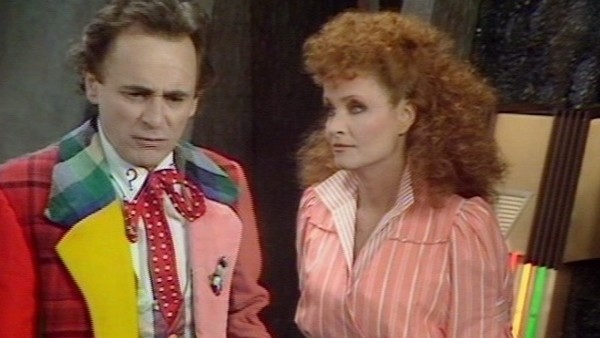Every Doctor Who Debut Story Ranked From Worst To Best
In the regeneration game, which of the Doctors got off to the best start?

You can't over-estimate the importance of starting well. Just ask Patrick Troughton-favouring Doctor Who fans.
The fiftieth anniversary of his first Doctor Who adventure, the lost The Power of the Daleks is currently generating plenty of excitement, despite precious few having seen it, thanks to an animated reconstruction of it. It is arguably one of the most notorious lost TV episodes of all time, and a lot of that has to do with how important debut stories are in Dctor Who especially.
Daleks or no Daleks, the debut stories for each new Doctor are inevitably among the most talked about episodes. Some Doctors have been slow burners, needing several adventures for the audience to ‘get them’, but others have hit the ground running and by the end of their first outing have already taken the place of their predecessors in our affections. Again, the importance of getting that first story right cannot be over-stated.
So what makes a new Doctor’s first adventure a hit or a miss? A unique subset of Doctor Who episodes, the threat that the Doctor is facing is a story within a story. How the Doctor, his companions and we the audience deal with the regeneration, and how the Doctor comes to take up the mantle from his predecessor is the primary story thread and commonly includes the following phases:
The new Doctor suffers from regeneration side effects.
A period of mistrust and doubt for his companions and the audience.
An acknowledgement of his predecessor and other continuity references.
An ‘I am the Doctor’ moment to bring companions and audience on side.
A fresh invitation to travel with the new Doctor.
With all that in mind, let's take a look at each debut story, rating them from the worst to the best, according to how well those key ingredients are handled.
12. Time And The Rani

The nadir of Doctor Who stories whose only saving grace is some nifty special effects, this was the worst possible start for Sylvester McCoy. Despite being gifted with some classics, McCoy would never truly shake off the legacy of this abject first adventure.
All the ingredients are there to make it a debut to remember for all the right reasons, but they’ve been thrown into the mix in such a careless way that the result is one huge, over-baked mess. Long before the final line of dialogue, where the Doctor tells his companion, “I’ll grow on you Mel, I’ll grow on you,” many viewers had already seen enough and switched off.
We are supposed to believe that the Doctor is suffering from amnesia, but he knows exactly who he is, making the Rani’s deception, when she literally dresses up as his companion Mel, all the more ridiculous. At least in Deep Breath, when he mistakes Clara for Handles, and Strax for one of the seven dwarfs, it is clearly tied to his regeneration trauma, treated as an aside, and genuinely funny. Would the Rani need to be so ‘cleverly disguised’, if the Doctor could be so easily confused post-regeneration?
The most irritating feature of the Seventh Doctor, mercifully dropped after this story, is his propensity to muddle his words. It is such an overused trope that it quickly becomes tiresome, and once again it’s unclear whether this is a side-effect or a deliberate act of mischief. It certainly seems quite intentional when the Doctor says “where there’s a will, there’s a Tom, Dick and Harriet.”